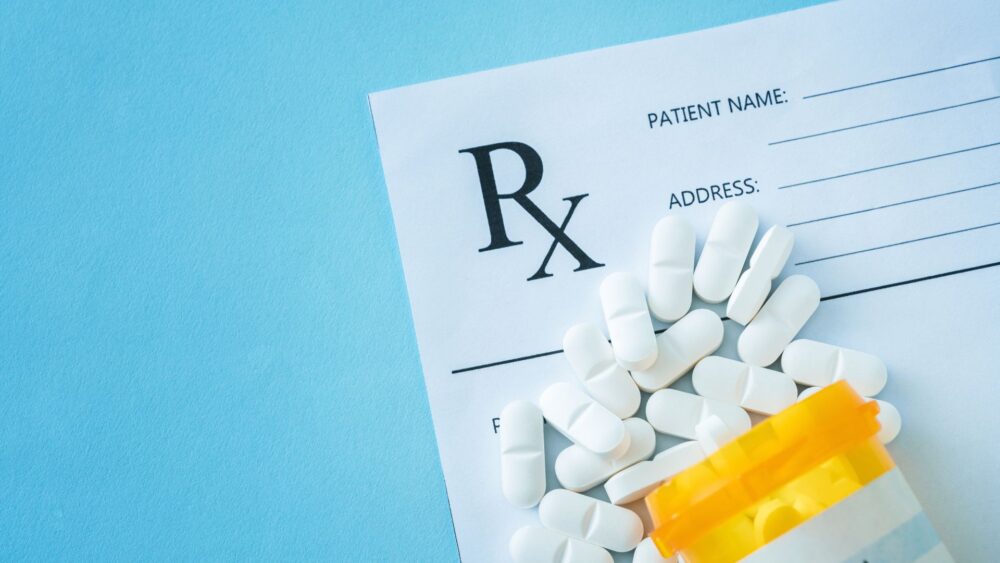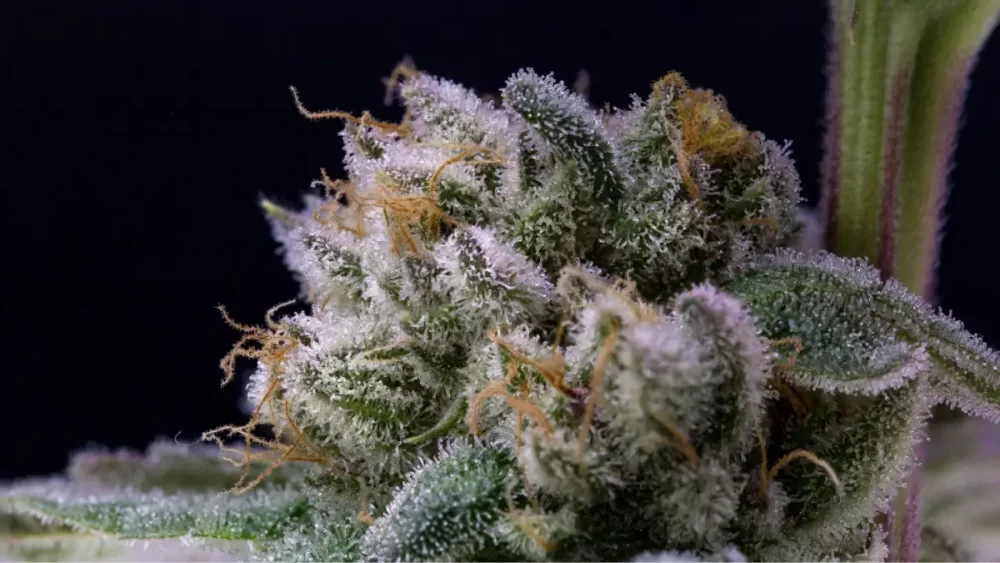Table of Contents
Dual diagnosis treatment is a lifeline. It offers a comprehensive approach for those entangled in the complex web of mental health challenges.
The complicated interaction between mental health and substance abuse has become a huge concern. Individuals grappling with both conditions simultaneously require specialized care and support to regain control of their lives.
Let’s explore what dual diagnosis is, and what help is available. We’ll also shed light on the challenges, recovery process, and diagnosis treatment programs.
What is Dual Diagnosis Mental Health and Substance Abuse?
What exactly is a dual diagnosis? It’s when someone has not just one, but two things going on: a mental health condition and a substance abuse problem. Picture it like trying to untangle a ball of wool; it’s complicated but doable.
Dual diagnosis is more common than you might think. The Substance Abuse and Mental Health Services Administration (SAMHSA) suggests approximately 9.2 million adults in the United States struggle.
When mental health and substance abuse join forces, it’s like a one-two punch. Mental health conditions like depression, anxiety, or bipolar disorder can make people more likely to turn to substances to cope. Using drugs or alcohol can make existing mental health issues worse.
Diagnosing Dual Disorders
So, how do doctors figure out if someone’s dealing with this double trouble? It’s not always easy. Mental health issues and substance abuse can mask each other, making it hard to spot what’s going on. Treating one aspect of the problem may not lead to lasting recovery.
Healthcare professionals diagnosing dual disorders aim to:
- Understand a patient’s mental health and substance use history
- Identify patterns and connections between the two conditions
- Assess the severity and impact on the patient’s life
- Carefully evaluate symptoms and personal experiences
Now, let’s talk about the mental health side of things. Depression and anxiety are the headliners here. But other conditions like schizophrenia, post-traumatic stress disorder (PTSD), and borderline personality disorder can also take the stage.
People with these conditions might use substances like alcohol, weed, or harder stuff to ease the pain. It’s like a temporary escape, but it often makes things worse in the long run.
Common substances people turn to in order to mask emotional or physical pain include:
- Alcohol
- Prescription painkillers
- Marijuana
- Cocaine
- Methamphetamine
- Heroin
- Benzodiazepines
- Nicotine
- Over-the-counter medications
- Other illicit drugs
Dual Diagnosis Residential Treatment
In dual diagnosis treatment, an integrated approach is taken. This means that mental health professionals and addiction specialists work together to provide comprehensive care. The goal is to address both conditions simultaneously.
The most effective dual diagnosis treatment usually combines counseling, therapy, medication, and support groups. But remember, what works best can differ from person to person. Treatment works best when customized for your unique situation.
Dual diagnosis inpatient treatment is often preferred because it provides:
- Structured Environment: It offers a highly structured and controlled environment, minimizing access to substances and distractions.
- 24/7 Support: Continuous support and supervision by healthcare professionals and peers aid in managing crises and relapse prevention.
- Intensive Therapy: Intensive individual and group therapy sessions are readily available, allowing for focused treatment.
- Community and Peer Support: Living with others going through similar challenges fosters a sense of community and shared understanding.
- Safe Detoxification: For those needing detox, it ensures safe and medically monitored withdrawal.
- No Distractions: It removes everyday stressors and triggers that might contribute to substance use or mental health issues.
- Focused Recovery: It allows individuals to solely focus on their recovery, without the distractions of daily life.
How is Co-occurring Mental Illness and Substance Abuse Treated?
Co-occurring mental illness and substance abuse are treated through a holistic and personalized approach. Here’s how it typically works:
- Assessment: Healthcare professionals first conduct a thorough assessment to understand the extent of both conditions and their interplay. This involves evaluating symptoms, medical history, and substance use patterns.
- Integrated Treatment Plan: A tailored treatment plan is developed, addressing both mental health and substance abuse simultaneously. Integration is key to success.
- Detoxification (if needed): If substance dependence is severe, detoxification may be the initial step. It’s done under medical supervision to ensure safety.
- Medication Management: Medications may be prescribed to manage mental health symptoms and cravings for substances, improving overall stability.
- Therapy: Individual and group therapy sessions help individuals understand the root causes of their conditions. Treatment services help develop coping skills, and build a support network.
- Dual Diagnosis Therapy: Specialized therapy focuses on the unique challenges of co-occurring disorders. Dual diagnosis programs help individuals recognize triggers and develop strategies to avoid relapse.
- Education: Learning about the relationship between mental health and substance abuse is vital. Education helps individuals make informed decisions about their recovery.
- Support Groups: Participation in support groups provides ongoing encouragement and reinforces the feeling that one is not alone in the journey.
- Lifestyle Changes: Encouragement to make positive lifestyle changes, including exercise, nutrition, and stress management, to support overall well-being.
- Aftercare: Continued support and monitoring after treatment are essential. Aftercare plans may include regular check-ins, therapy sessions, or support groups to prevent relapse.
- Relapse Prevention: Developing strategies to recognize and manage triggers and cravings is crucial in preventing relapse.
- Family Involvement: Involving the family in therapy and education can enhance the support system and improve outcomes.
Treating co-occurring disorders is a complex process. However, with the right approach and support, individuals can achieve recovery and lead fulfilling lives.
Dual Diagnosis: A Path to Lasting Recovery
In closing, dual diagnosis treatment is a lifeline for those with both mental health disorder and substance abuse challenges. It paves the way to long term recovery, helping people regain control and find hope.
With support, personalized plans, and dedication, people with co occurring diagnosis can look forward to a brighter tomorrow. Recovery is possible, and you’re never alone on this journey. Ready to transform your life? Reach out to us today.

















